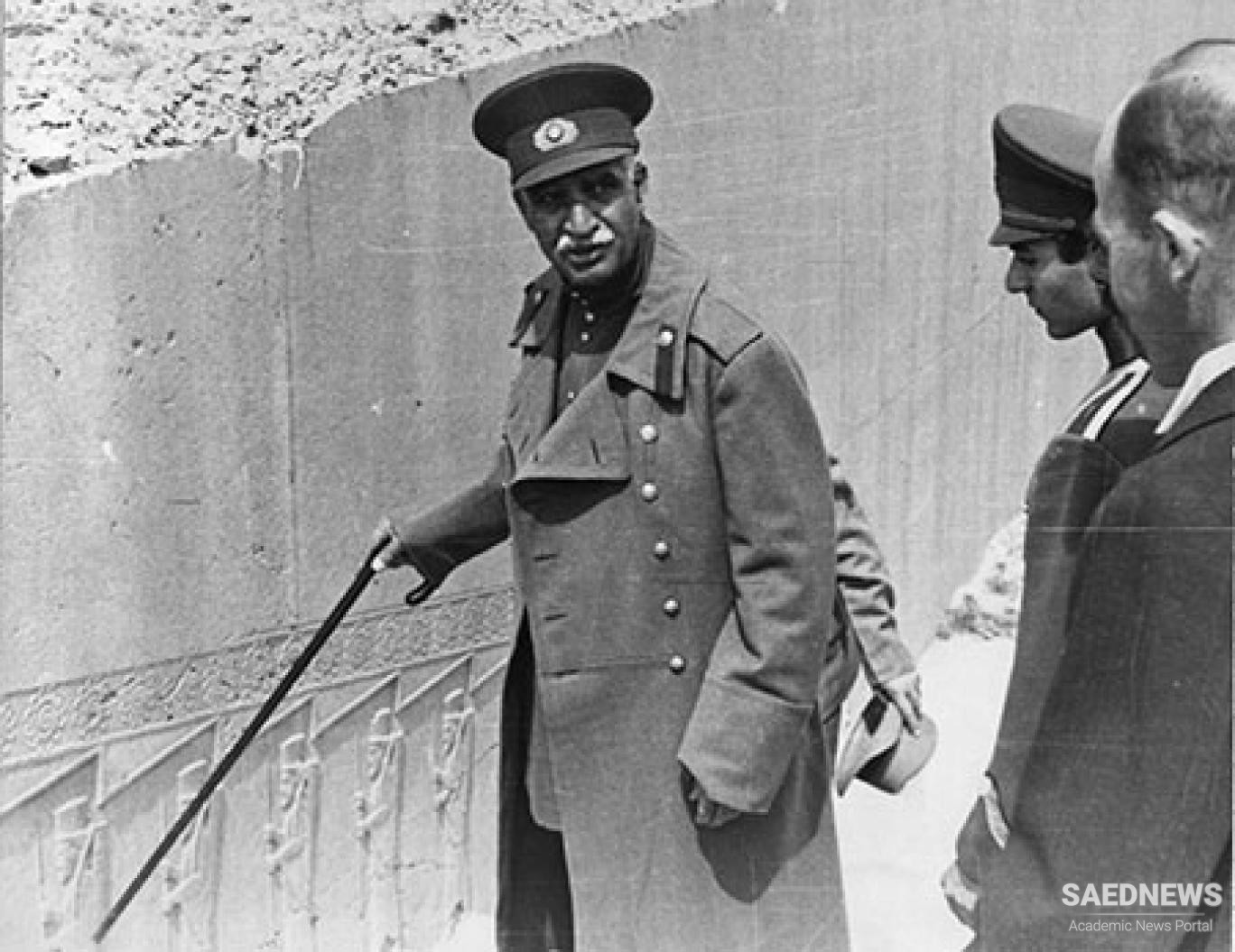To strengthen state anticlericalism, state propaganda focused on clerical opposition to policies, from seemingly simple issues, such as the inclusion of music in official educational curricula to more thorny issues, such as a strong centralized government and judicial reforms. They were portrayed as parochial ignoramuses who opposed the concept of civilization.
The result was a drop in the popularity of clerics in urban areas. Ayatollah Khomeini claimed: During Reza Shah’s reign cabbies did not accept clerics as fares. The deceased Hajj Abbas Tehrani Ramollah once said ‘When I was in Arak I wanted to take a taxi. The driver told me he did not take two kinds of fares – one was akhunds [a derogative term for clerics], and the other prostitutes’.
State attacks on the clergy’s socio-economic and political positions, however, were not accompanied by direct attacks on and degradation of Islam. Reza Shah sought to ensure that clerics did not interfere in oppositional politics and to overthrow and separate clerical determined forms of religious high culture, superstitions and doctrine from Islamic ethics.
Islamic ethics were to constitute the moral code of homo Pahlavicus while his political loyalty belonged to the Pahlavi state. In the words of Mohammad Reza Shah: ‘My father made the clergy confine themselves primarily to religious matters which, by definition, have constituted their basic function’.15 Achieving this was a prerequisite for the creation of homo Pahlavicus.


 State Campaign against the Clergy
State Campaign against the Clergy














































